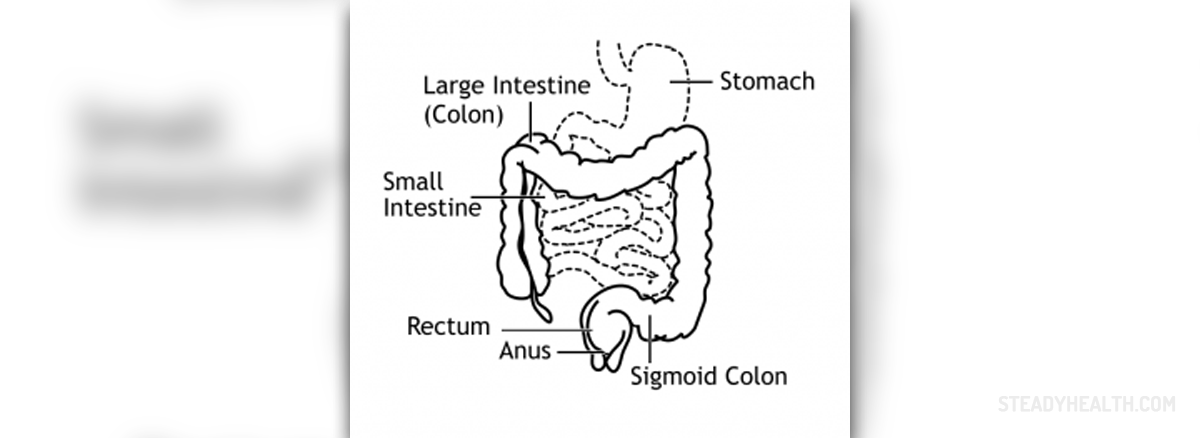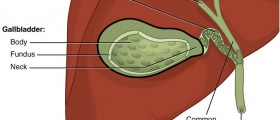
Problems of the small intestine can be either caused by microorganism infestation or structural abnormalities. Some of the common problems of the small intestine include: Crohn’s disease, celiac disease, infection, tumor, peptic ulcers and short bowel syndrome.
Small Intestine
The small intestine, or the small bowel, is the longest part of the gastrointestinal tract. The small intestine is a part of the digestive system in which process of digestion and absorption of nutrients takes place. The organ is positioned in the middle of the abdomen and it extends from the stomach and is followed by the large intestine. The small intestine is divided into three sections, namely duodenum, jejunum and ileum. The organ is termed as small, because its diameter, which is approximately 2.5 cm, is much lesser than that of the large intestine. However, the length of the small intestine is about five times bigger than of the large intestine and in adults it measures around 7 meters (23 feet). The small intestine can be affected by different mild to severe diseases and problems such as blockage, infections and tumors.
Small Intestine ProblemsSmall Intestine Blockage
Blockage of the small intestine or a small bowel obstruction (SBO) is a condition caused by tumor, scar tissue, hernia or presence of foreign bodies. Small bowel obstruction prevents passage of food, fluid and waste matter through the small intestine. The condition induces symptoms like pain in the stomach, abdominal swelling, nausea and vomiting.
Small Intestine InfectionsSmall intestine infection is most commonly caused by bacteria due to food poisoning. It can also be caused by virus due to contact with an infected person or ingestion of contaminated water of food. This condition is known as viral gastroenteritis or stomach flu. Symptoms of small intestine infections are nausea, diarrhea, constipation, abdominal cramps and loss of appetite.
Crohn’s DiseaseCrohn’s disease is a chronic inflammatory disease of the intestines that results from abnormal immune response despite the absence of harmful invaders. The condition causes ulcerations of the intestines and may lead to various complications. Crohn’s disease is followed by symptoms such as: weakness, diarrhea, vomiting, poor appetite and abdominal pain.
Celiac DiseaseCeliac disease is a disorder of the immune system that affects the small intestine. The condition is characterized by gluten intolerance. In people with celiac disease, intake of gluten protein causes inflammation and damage to the inner surface of the small intestine. That results in decreased absorption of nutrients and irregular bowel movements.
Cancer of the Small IntestineSmall intestine cancer is a fatal condition, which is difficult to detect in the early stage because the symptoms commonly manifest when the disease progresses. Cancer of the small intestine is typically followed by a sharp abdominal and intestinal pain, considerable loss of weight and severe weakness.
Short Bowel SyndromeShort bowel syndrome, also known as short gut occurs due to the disease or surgical removal of large portion of the small intestine. It causes malabsorption and may lead to different complications. The symptoms include: fatigue, weight loss, abdominal pain, fluid retention and diarrhea.
















Your thoughts on this
Loading...